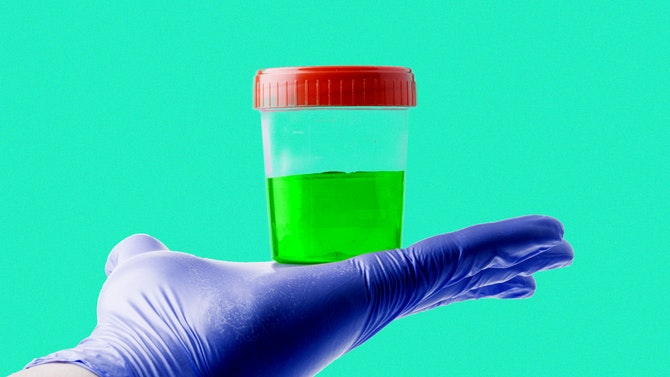The color of your urine can tell a lot about your health. So why are we talking about your urine color in this blog?
That is because your urine color, not only has a connection with your health but also it has a link with what you are eating and drinking.
We will be talking about different colors of urine and the associated medical conditions and situations with the color.
Usually, your urine is a transparent yellow color. However, this can change due to various reasons and your health.
Dark yellow color

Dark-yellow color urine is mostly because of dehydration.
When you are dehydrated, your kidneys will absorb water, making your urine more concentrated, giving your urine a dark yellow color.
You can resolve this by rehydrating yourself by drinking plenty of water. And you will see that your urine is turning back to natural color.
Red-colored urine
Red-colored urine can occur due to several reasons. It can be because of something ate or drank recently. For example, tea, coke, coffee, or food such as beetroot can make your urine red in color.
Sometimes when you have kidney stones, it can also turn your urine red-colored.
Apart from these simple explanations, sometimes red-colored urine lasting for weeks to months can be a sign of something sinister because the same red-colored urine can be due to a tumor in your kidneys or bladder.
So if you are an elderly adult with a history of red-colored urine lasting for more than two or more weeks, you should see your family physician and get medical advice. He will decide whether to investigate further.
Transparent urine
If your urine is too transparent or colorless like water, that can mean several different things.
One reason may be that you have overhydrated yourself, and with time your urine will return to its neutral color.
However, if you are persistently thirsty and drinking too much water, this may be an early sign of diabetes mellitus.
If that is the case, then meet your doctor and take advice on whether you need to do a fasting blood sugar test or not.
Brown-color
Brown-colored urine can be due to any reason causing muscle damage, which can be normal after a vigorous exercise.
However, if you see brown-colored urine regularly, it can be a sign of liver disease, and you may have to consult a doctor for further medical advice.
Foamy urine

If you find foamy urine regularly, one important cause is chronic kidney damage. The increased concentration of protein in the urine can be the reason for the foamy urine.
Having too much protein in your urine is not a normal finding unless you have a problem in the function of your kidneys.
You should see your family physician and get his advice on further investigations to determine the cause for the foamy urine.
Urine color and medications
Certain medications that you are taking can change your urine color. For example, drugs such as rifampicin can make your urine and sweat turn pink.
If you are taking vitamin supplements, vitamin B 12 can make your urine turn to yellow or orange color.
Urine color and diseases

Certain diseases can also change the color of your urine if you are having a bacterial infection the presence of bacteria in your urine can turn your urine green in color.
Familial benign hypercalcemia, a rare inherited disorder, is another condition that can turn your urine green.
Apart from some of the features mentioned above, food coloring can change your urine color in many different ways.
Your health and the color of your urine has a very close relationship. So next time when you see a change in the color of your urine, make sure you keep an eye on it.




